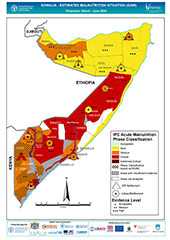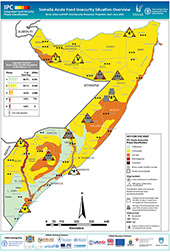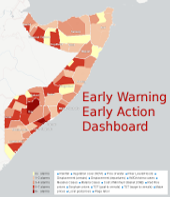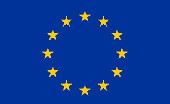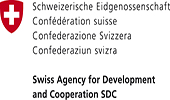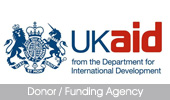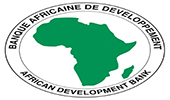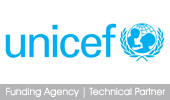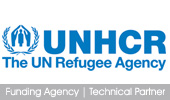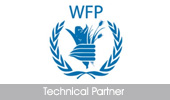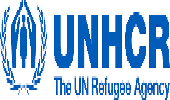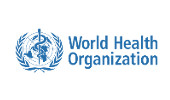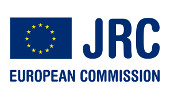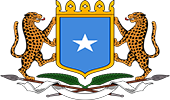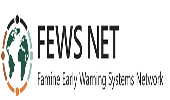Food Security and Nutrition Outlook: Despite improvements, 870,000 likely in Crisis and Emergency (IPC Phase 3 and 4) through December
Issued: September 7, 2013
The joint Food Security and Nutrition Outlook published by FSNAU and FEWS NET is based on the findings from the Post Gu Food Security and Nutrition Assessment conducted across Somalia during June/July 2013. The outlook highlights the following key messages:-
- The number of people in Crisis and Emergency (IPC Phase 3 and 4) is now at its lowest since Famine (IPC Phase 5) was declared in parts of southern Somalia in 2011. The fall in the food insecure population is the result of several successive seasons of average to above average rainfall, low food prices, increased livestock prices, increased livestock herd sizes, and sustained humanitarian response. Despite improvements in food security, acute malnutrition rates continue to remain very high, especially in the South.
- An estimated 870,000 people will be in Crisis and Emergency (IPC Phase 3 and 4) from August to December 2013. An estimated additional 2.3 million people, one-third of Somalia’s population, are classified as Stressed (IPC Phase 2), and their food security remains fragile.
- Critical levels of acute malnutrition, defined as global acute malnutrition (GAM) rates exceeding 15 percent were reported in 18 out of 42 population groups surveyed and persist in many parts of South-Central Somalia and among Internally Displaced Persons (IDPs). One out of six children under the age of five are estimated to be acutely malnourished.
- Despite an overall nearly average Gu grain harvest, an early end to the unevenly distributed March to June Gu rains led to a very low harvest in agropastoral areas in Hiraan Region. Agropastoral households currently have no cereal stocks, and they are expected to fall into Crisis (IPC Phase 3) at some point between August and December.
- Sustained lifesaving humanitarian assistance, coupled with interventions aimed at protecting livelihoods and building resilience are essential to prevent further deterioration of food security in Somalia.
